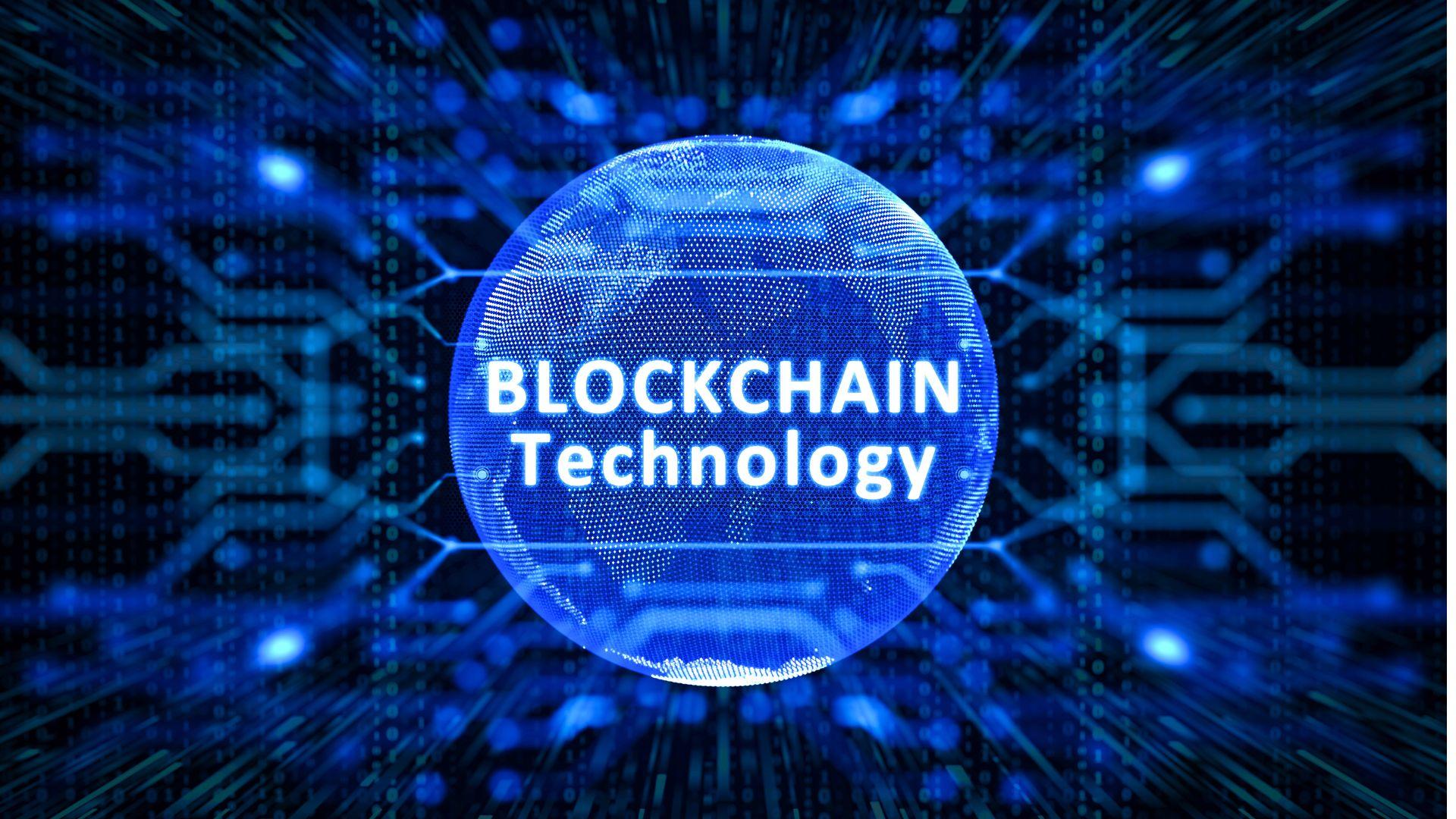What is Blockchain?
Imagine a notebook that everyone in your class can see, but no one can erase or change what is written inside. This is what blockchain does with information. It is like a digital ledger or record book that keeps track of data in a very safe way. Each piece of information is stored in blocks that are linked together like a chain. That is why it is called blockchain.
Because the data in the blockchain cannot be changed or deleted easily, it is very secure. Many people can check the records to make sure everything is correct, so there is no cheating or lying. This makes blockchain perfect for things like money transactions, contracts, and other important information.
Why Blockchain is Important for Mobile Apps
Mobile apps collect and use a lot of personal data from users. This includes names, addresses, payment details, and more. People want to be sure that their information is safe and private when they use apps. This is where blockchain comes in to help.
Blockchain technology can protect users’ data by making it almost impossible for hackers to steal or change it. It can also help apps work faster by cutting out the need for middlemen or third parties to verify information. For example, when you send money through an app, blockchain can make sure the payment is real without waiting for a bank to check it.
Using blockchain in mobile apps also helps build trust. When users know their information is secure and the app works fairly, they are more likely to use it again. This is why many businesses and developers are excited about adding blockchain to their mobile apps.
How Blockchain Changes Mobile App Development
The process of making mobile apps is also changing because of blockchain. Developers now have new tools and ideas to create better apps. Instead of storing data in one central place, apps can use blockchain to keep information spread out and safe.
One of the biggest changes is in how apps handle payments and transactions. With blockchain, apps can support cryptocurrencies like Bitcoin and Ethereum. This allows users to buy things or send money quickly and safely without using credit cards or banks.
Another change is with smart contracts. These are digital agreements that automatically carry out actions when certain conditions are met. For example, if you buy a ticket through an app, a smart contract can automatically send you the ticket once your payment is confirmed. This makes apps smarter and reduces the need for human intervention.
Real-Life Examples of Blockchain in Mobile Apps
Many apps today are already using blockchain in exciting ways. Some apps help users keep track of their health records safely. Others allow people to trade digital art or collectibles using blockchain to prove ownership.
There are even social media apps that use blockchain to give users more control over their data. Instead of the app owning all the information, users can decide who sees their posts and what happens to their details.
A Mobile Application Development company in USA is working on apps that use blockchain to help people vote safely in elections. This can make voting more transparent and reduce cheating.
Challenges of Using Blockchain in Mobile Apps
Even though blockchain has many benefits, it is not perfect. Adding blockchain to mobile apps can make them more complicated to build and use more battery power on phones. It can also be slower when there is a lot of information to check.
Developers need to learn new skills to work with blockchain, which can take time. Some people also worry about the cost of using blockchain technology because it may require special computers or software.
Because blockchain is still new for many, it may take a while before all mobile apps can use it easily. But many experts believe these problems will be solved soon with better technology and more experience.
The Future of Mobile Apps with Blockchain
The future of mobile apps looks bright with blockchain technology. As more people understand how it works and how it can help, we will see many new and exciting apps.
Apps will become safer places to store personal information. They will allow users to do things faster without waiting for approval from banks or other companies. We might even see apps that let us control our data completely.
Blockchain could also change how apps make money. Instead of just showing ads or selling products, apps could reward users with digital tokens or cryptocurrencies for participating. This could create a fairer system for everyone.
In the coming years, blockchain and mobile app development will continue to grow together. This will bring new ideas and solutions that can make life easier and more secure for all of us.
Conclusion
Blockchain is a powerful technology that is starting to change mobile app development. It offers better security, faster transactions, and new ways to use apps. Although there are some challenges to overcome, the benefits of blockchain in mobile apps are clear.
As developers and companies explore this technology, we will see more apps that protect our privacy and give us more control over our information. The connection between blockchain and mobile apps is still new, but it is growing fast.
With blockchain, the future of mobile apps will be safer, smarter, and more user-friendly for everyone who uses them.
